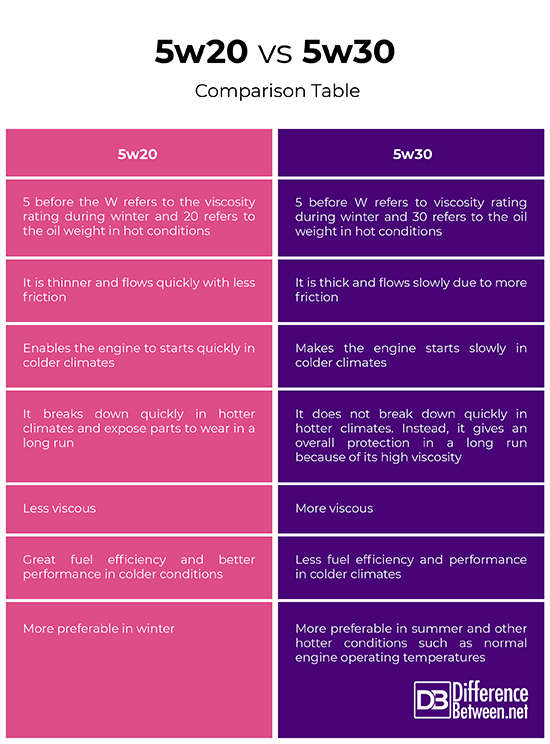Choosing the right engine oil for your vehicle is crucial for its optimal performance and longevity. With so many options available in the market, it can often be confusing to determine which type of engine oil is best suited for your car. In this article, we will guide you through the process of selecting the right engine oil to ensure that your vehicle runs smoothly and efficiently.
1. Check your car’s manual or oil cap
The first step in determining the appropriate engine oil for your car is to refer to your vehicle’s manual or oil cap. The car manufacturer specifies the recommended viscosity grade for the engine oil, which is determined by the operating conditions and the engine’s design. The viscosity grade indicates the oil’s resistance to flow and is typically represented by a combination of letters and numbers, such as 5W-30 or 10W-40. This information will help you choose the correct oil for your car.
2. Understand different oil viscosity grades
Engine oils are available in various viscosity grades, which are classified into two main categories: summer and winter. The numbers preceding the “W” (winter) indicate the oil’s viscosity at low temperatures, while the second set of numbers represents the oil’s viscosity at high temperatures. For example, 5W-30 is thinner than 10W-40 at low temperatures, making it suitable for colder climates. Understanding these viscosity grades is crucial in selecting the right engine oil for your car’s specific needs.
3. Consider your engine’s requirements
It’s important to consider your engine’s specific requirements when choosing the right engine oil. Certain engines, especially high-performance or turbocharged engines, may require specialized oils to meet their unique demands. These oils are designed to provide superior lubrication, protect against wear and tear, and enhance overall engine performance. Always refer to your car’s manual or consult a professional mechanic to determine if your engine has any specific requirements.
4. Synthetic or conventional oil?
The choice between synthetic and conventional oil largely depends on your vehicle’s needs and your driving habits. Synthetic oils offer several advantages over conventional oils, including better lubrication, improved fuel efficiency, enhanced engine protection, and extended oil change intervals. However, synthetic oils can be more expensive than conventional oils. Ultimately, the decision to choose synthetic or conventional oil should be based on your budget and the specific requirements of your vehicle.

Credit: www.ebay.com
5. Look for API certification
When selecting engine oil, always look for the API (American Petroleum Institute) certification logo on the bottle. This certification ensures that the oil meets or exceeds the industry’s standards and specifications. It guarantees that the oil has undergone rigorous testing and is suitable for your vehicle’s engine. Choosing an API-certified oil will provide you with peace of mind and ensure that your engine is receiving the best possible protection.

Credit: performanceautospecialists.com
Conclusion
Choosing the right engine oil is essential for maintaining the longevity and performance of your vehicle. By following the steps outlined in this article and considering your car’s manual, viscosity grades, engine requirements, and API certification, you can confidently select the appropriate engine oil for your vehicle. Remember to consult a professional mechanic or refer to your car’s manual for any specific recommendations or requirements to ensure optimal engine performance and reliability.
Read More:


